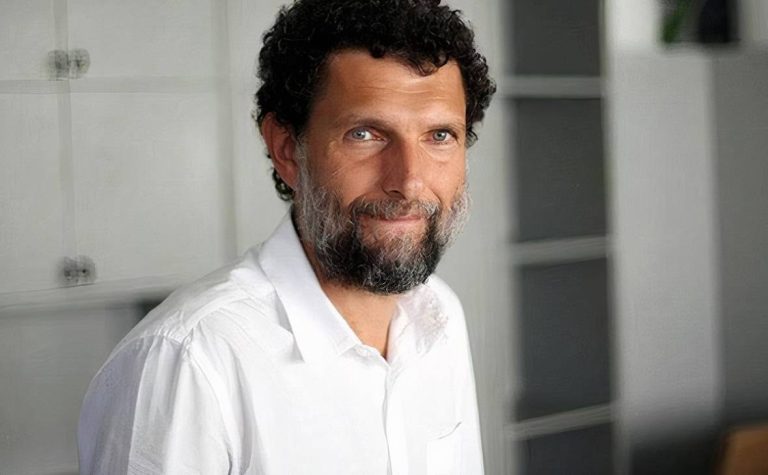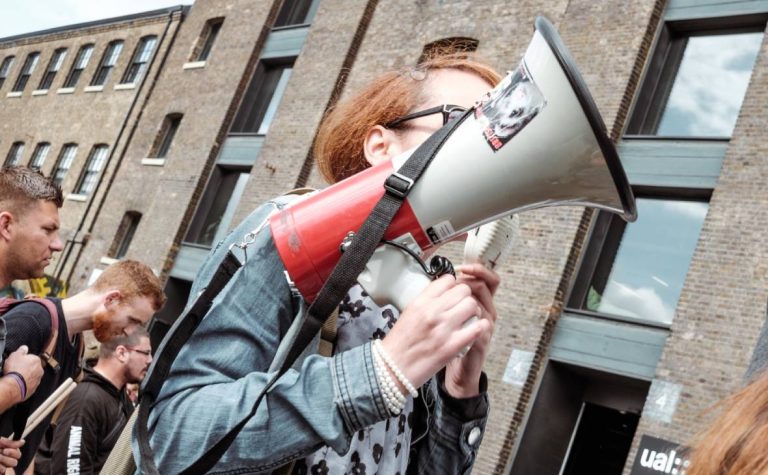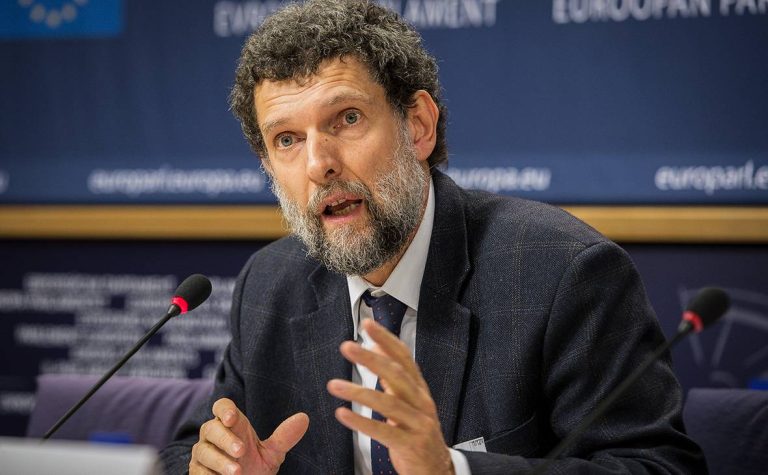The Cashier’s Story
The streets of Istanbul’s Beyoğlu district are steeped in history. Among the lively shops and cafes, I am taking a sip from my coffee and waiting for the time to visit Elena — not her real name, as she prefers to stay anonymous. Elena is an elderly Greek woman with a life story that reflects the struggles of the Greek and Rum (Orthodox Christian) communities in Turkey.
Elena used to be a cashier in one of the bustling shops of Istanbul. Now retired, she lives in a gorgeous mansion filled with family photos and religious icons. She speaks Turkish, Greek, and English fluently, which reflects her multicultural upbringing. Behind her soft smile, however, is a story of hardship, shaped by years of discrimination.
“When I was young, my teachers would call me ‘gavur,’” Elena said, using a slur for non-Muslims. “They’d ask why my family still speaks Greek, as if it was something to be ashamed of. It made me feel like I didn’t belong in my own country.”
Her story is one of the many struggles faced by Turkey’s Greek Orthodox community, whose numbers have dropped dramatically over the past century. Once numbering in the hundreds of thousands, there are now only about 2,000 to 4,000 left. Elena’s family endured attacks, forced migration, and exclusion, all of which undoubtedly left scars that continue to shape their lives.
The decline of Greeks and Rums in Turkey began in the 20th century. After World War I, the Treaty of Lausanne in 1923 led to a population exchange between Greece and Turkey. Thousands of Greeks were forced to leave Anatolia. Those who stayed, mostly in Istanbul, faced waves of discrimination. One of the darkest chapters came in 1955 with the Septemvriana. Under the guise of political unrest, mobs attacked Greek homes, businesses, and churches and left destruction behind.
“My grandmother remembers hiding in the basement while everything above was destroyed,” Elena said. “They lost everything but stayed because they had nowhere else to go.”
As a child, Elena had to fit her Greek heritage into the demands of living in Turkish society. “We celebrated Easter and Christmas quietly,” she recalled. “My parents didn’t want us to draw attention. Even speaking Greek outside felt risky.”
In school, Elena often felt isolated. As one of the few non-Muslim students in her class, she became a target for insults and prejudice. “I remember a history teacher saying, ‘The Greeks betrayed us during the War of Independence,’ and everyone would look at me,” she said.
Now in her later years, Elena looks back on the ongoing struggles for her community. Some progress has been made, such as restoring historic churches and reopening the Theological School of Halki. But problems remain.
“Even now, I hear about discrimination,” Elena said. “When I was young, some people refused to take change from my hand because I was Greek. Landlords wouldn’t rent to us because of our name.”
The pressure to assimilate is another challenge. Many young Greeks in Istanbul feel they need to hide their identity to avoid being treated unfairly. Elena worries about how this will affect the future. “Will the next generation know our traditions? Will they speak Greek? I hope so, but I don’t want them to go through what I did.”
“I love Istanbul,” Elena said. “It’s my home, even if it hasn’t always felt like it. I hope that one day, people will see us as equals.”






